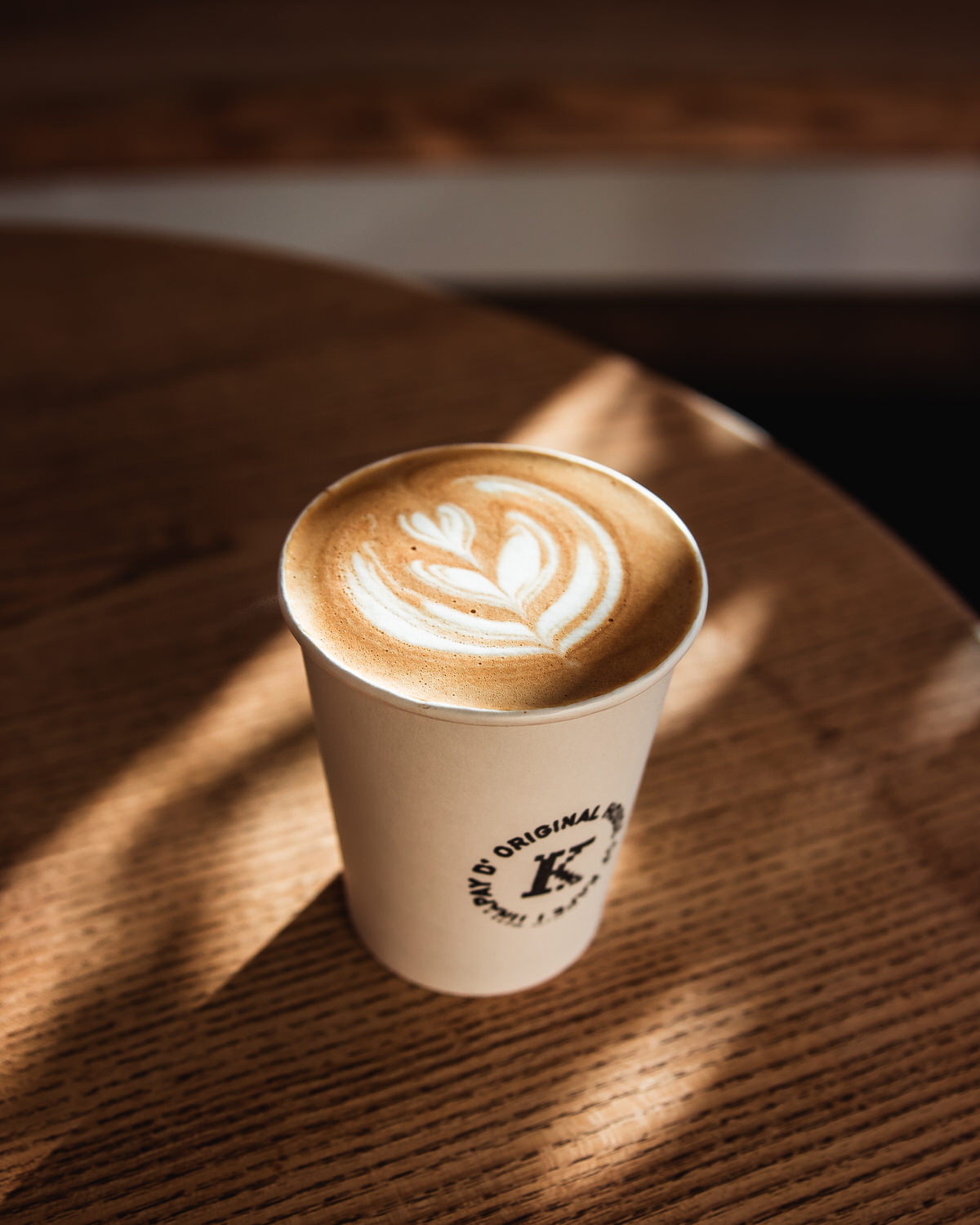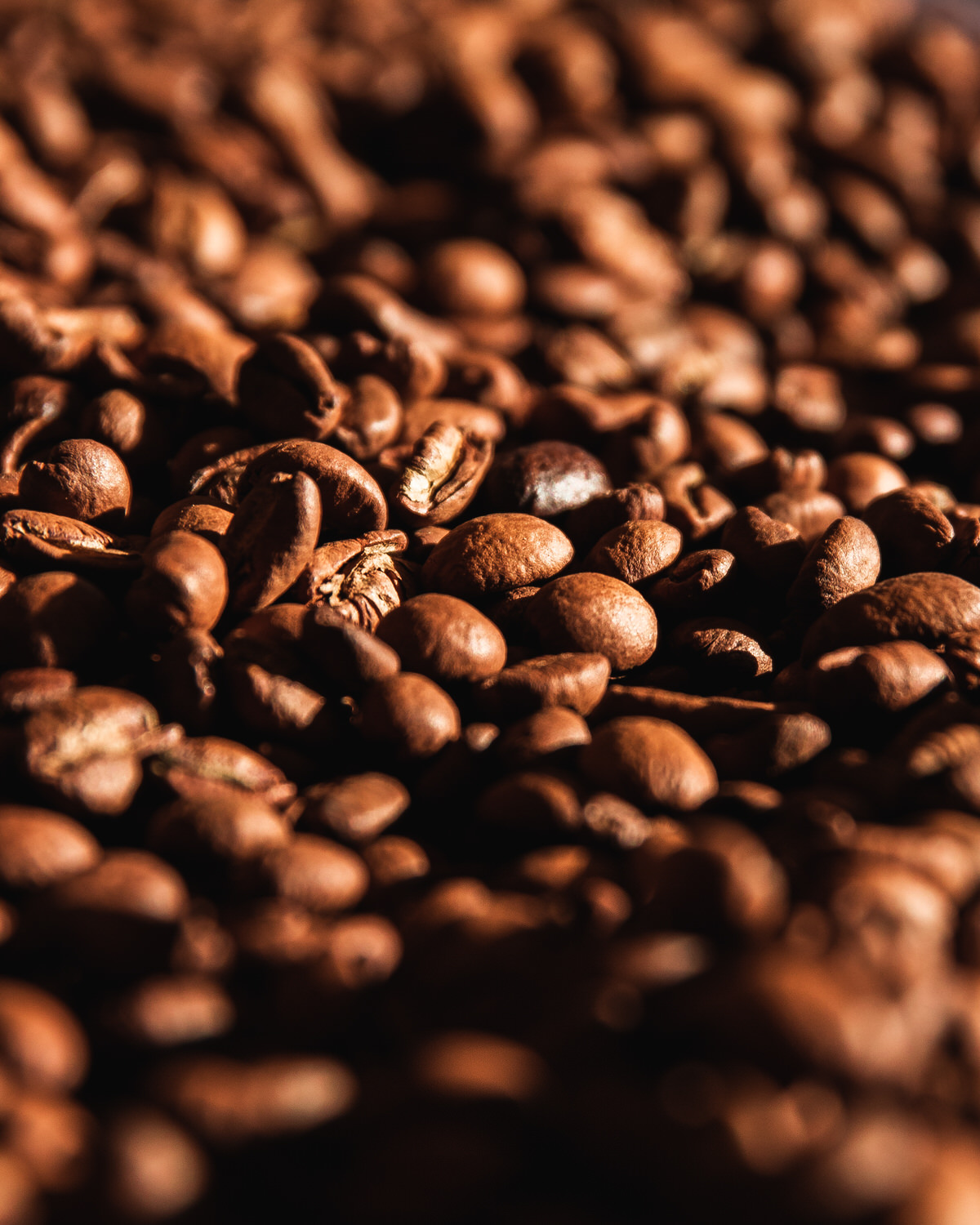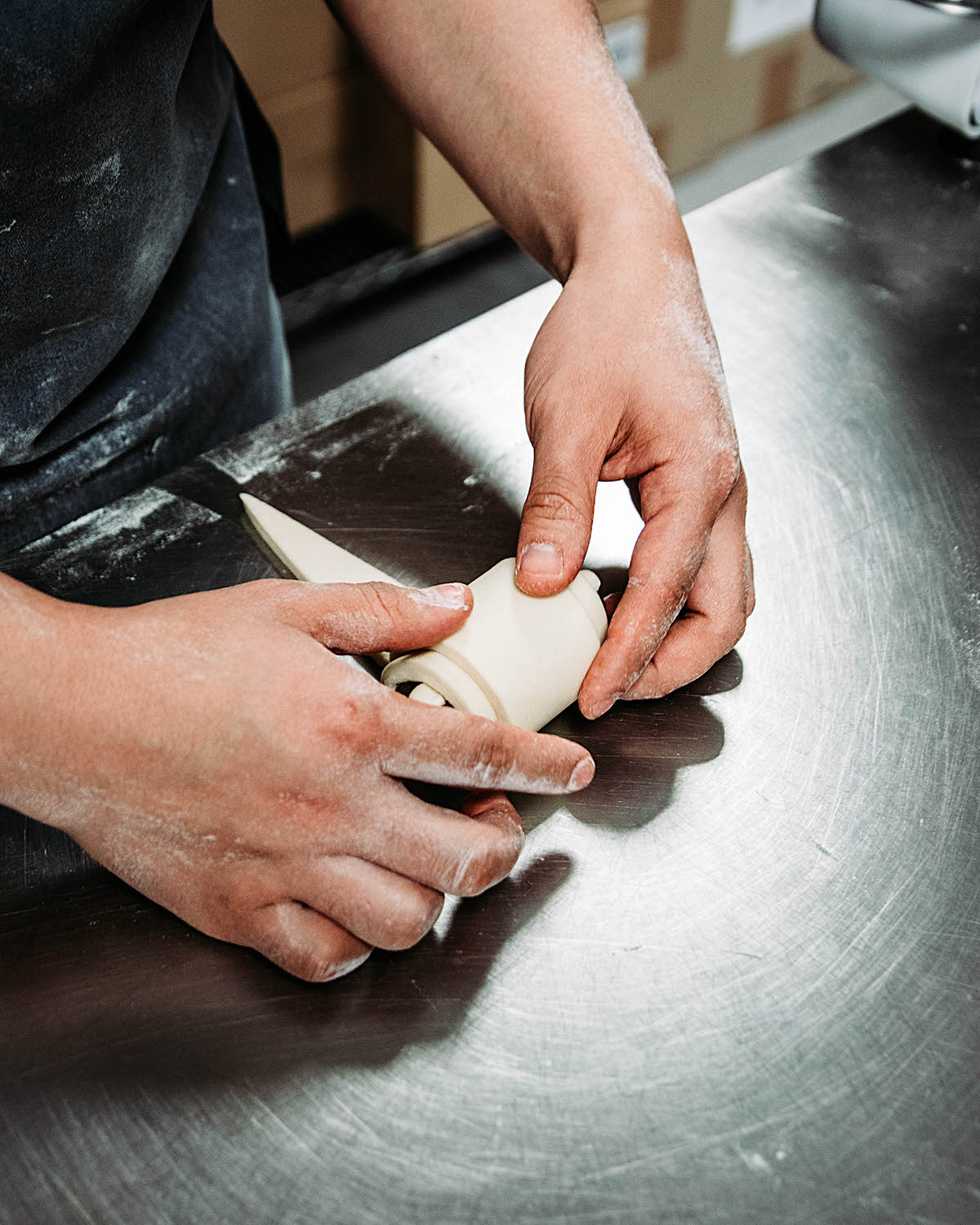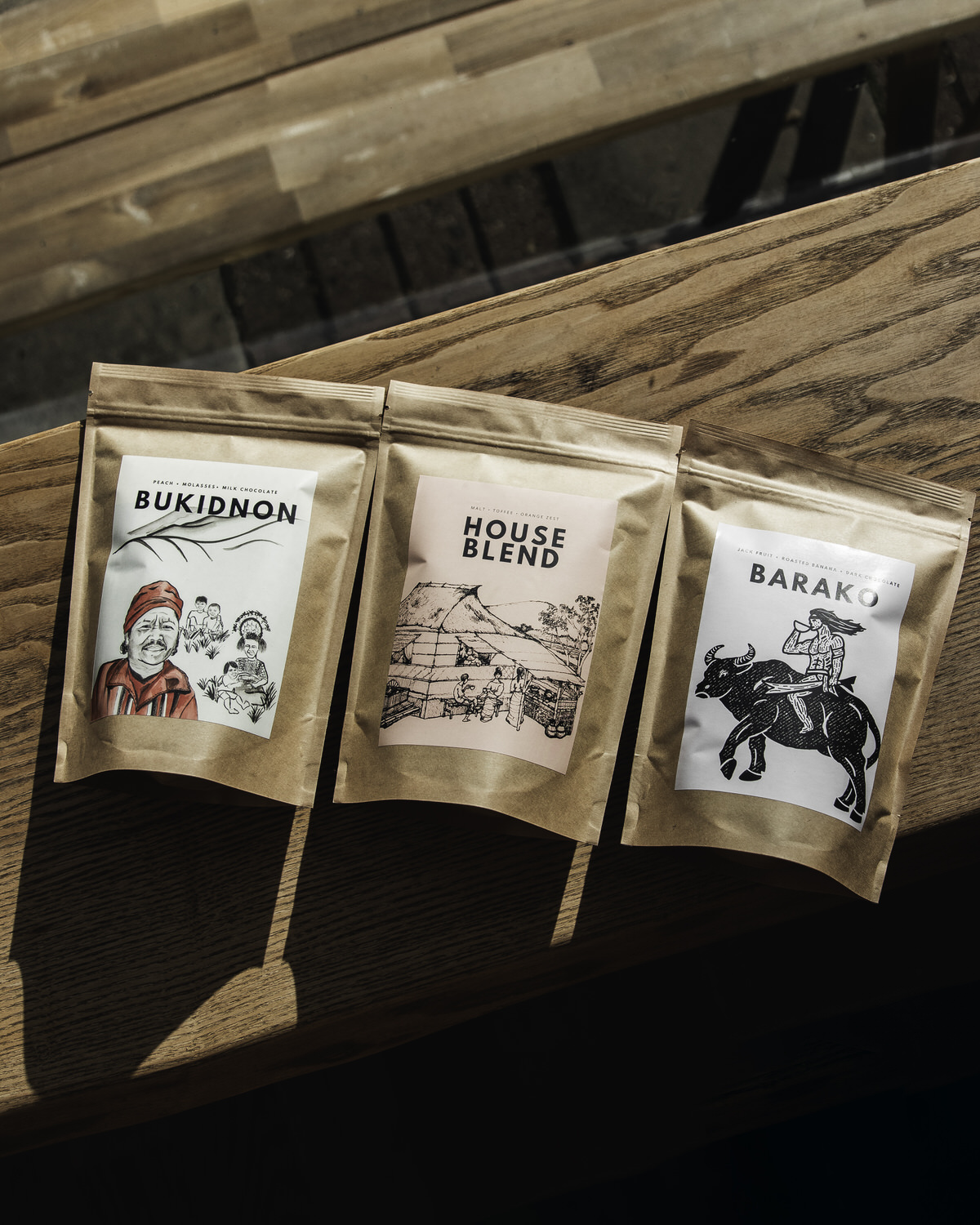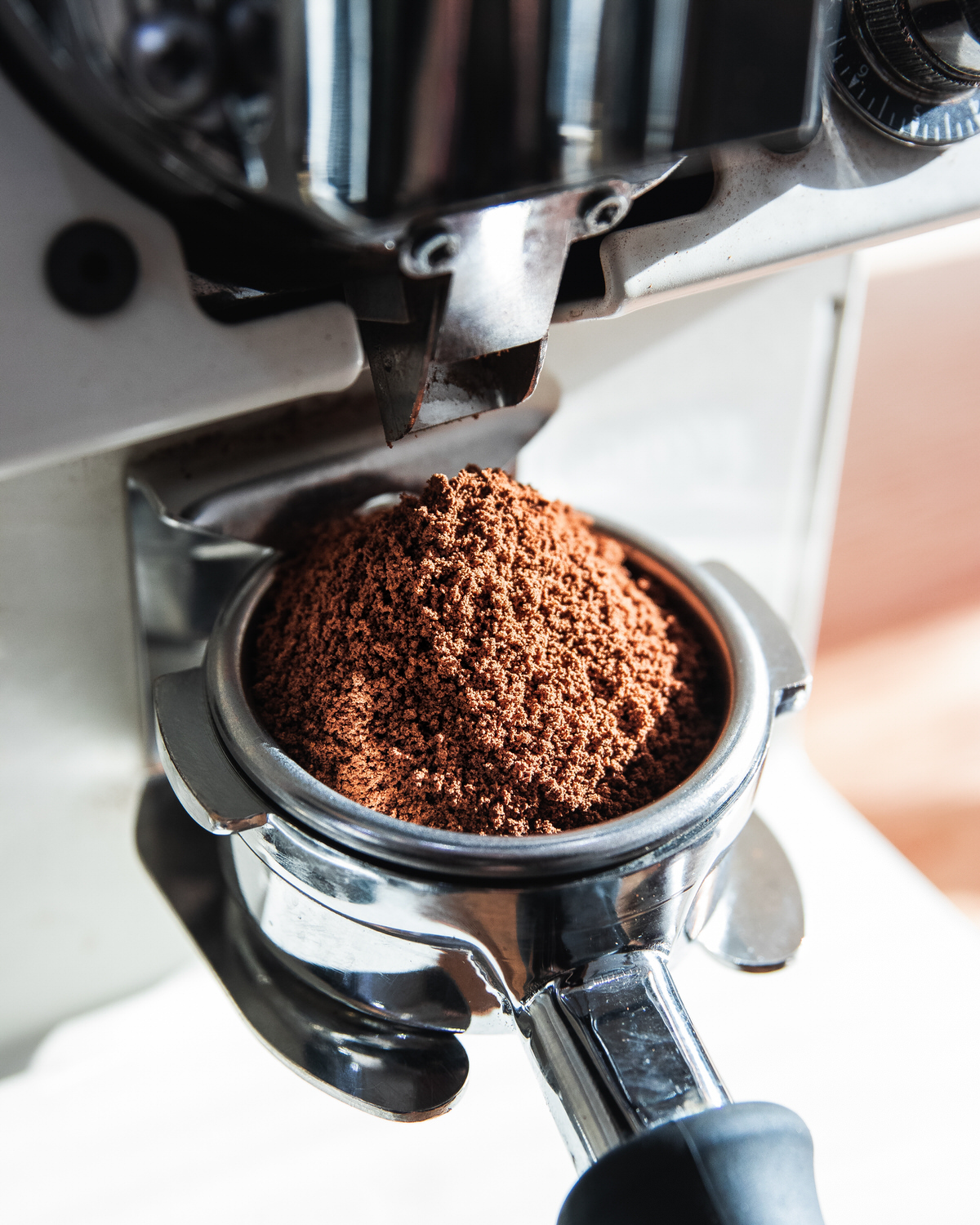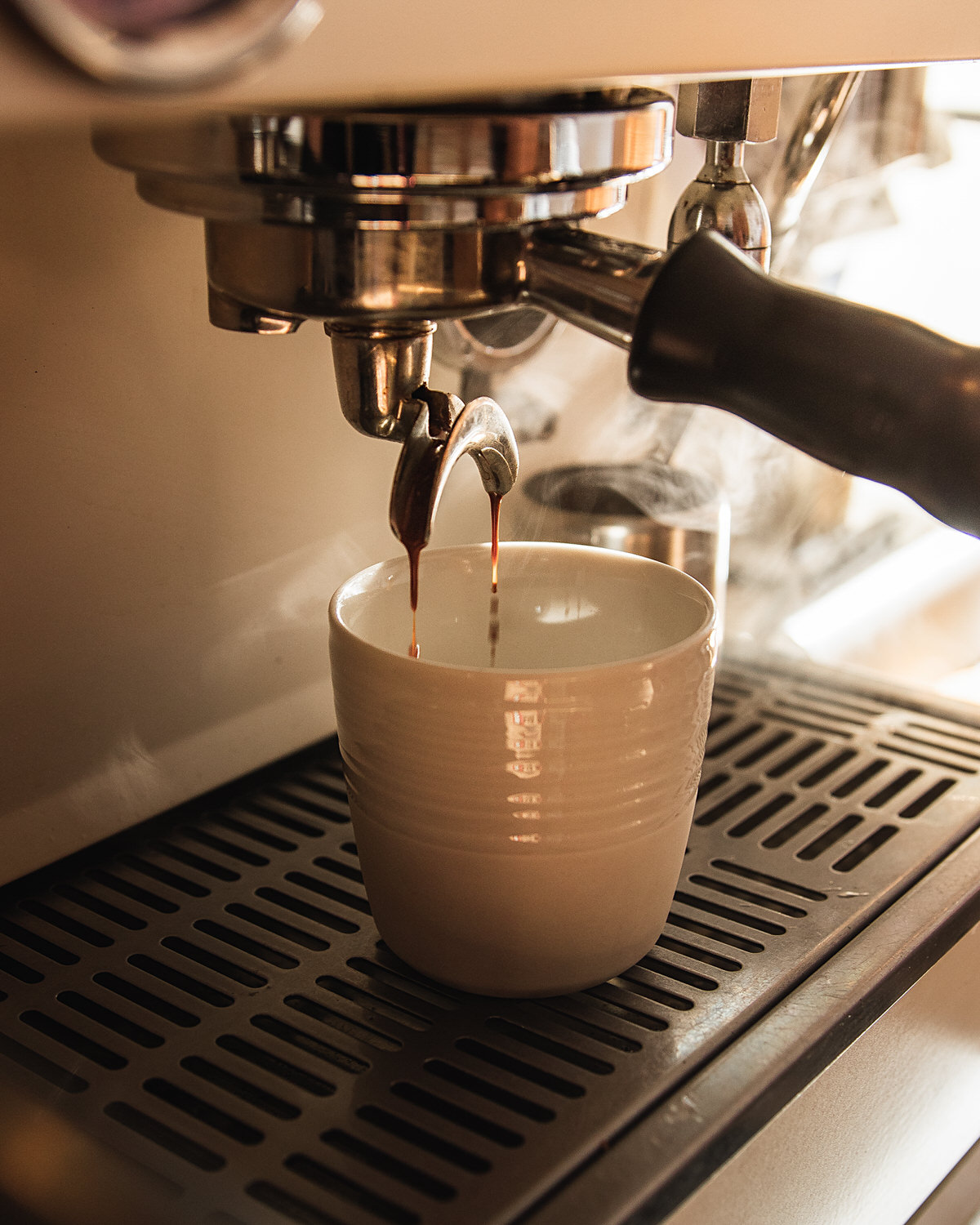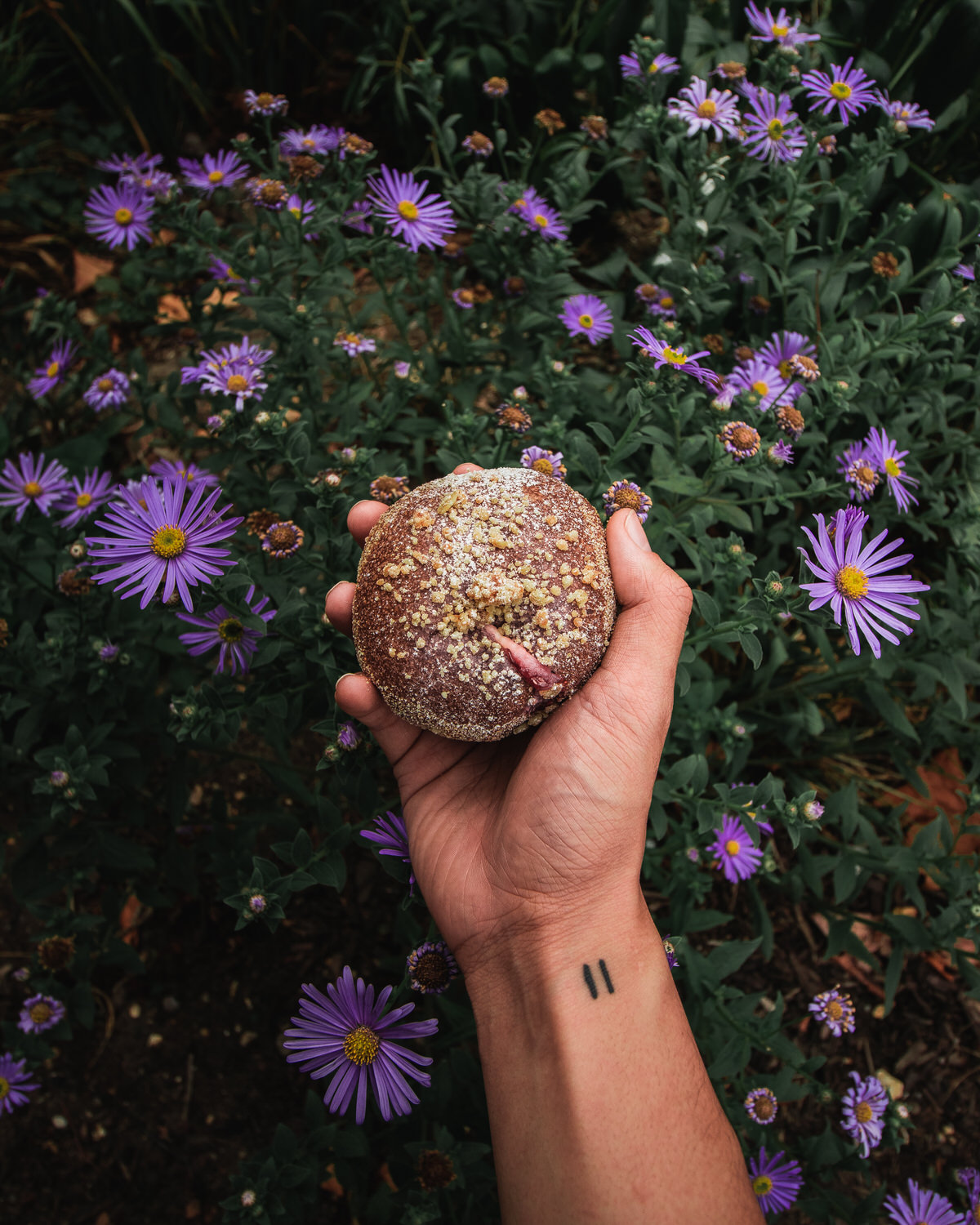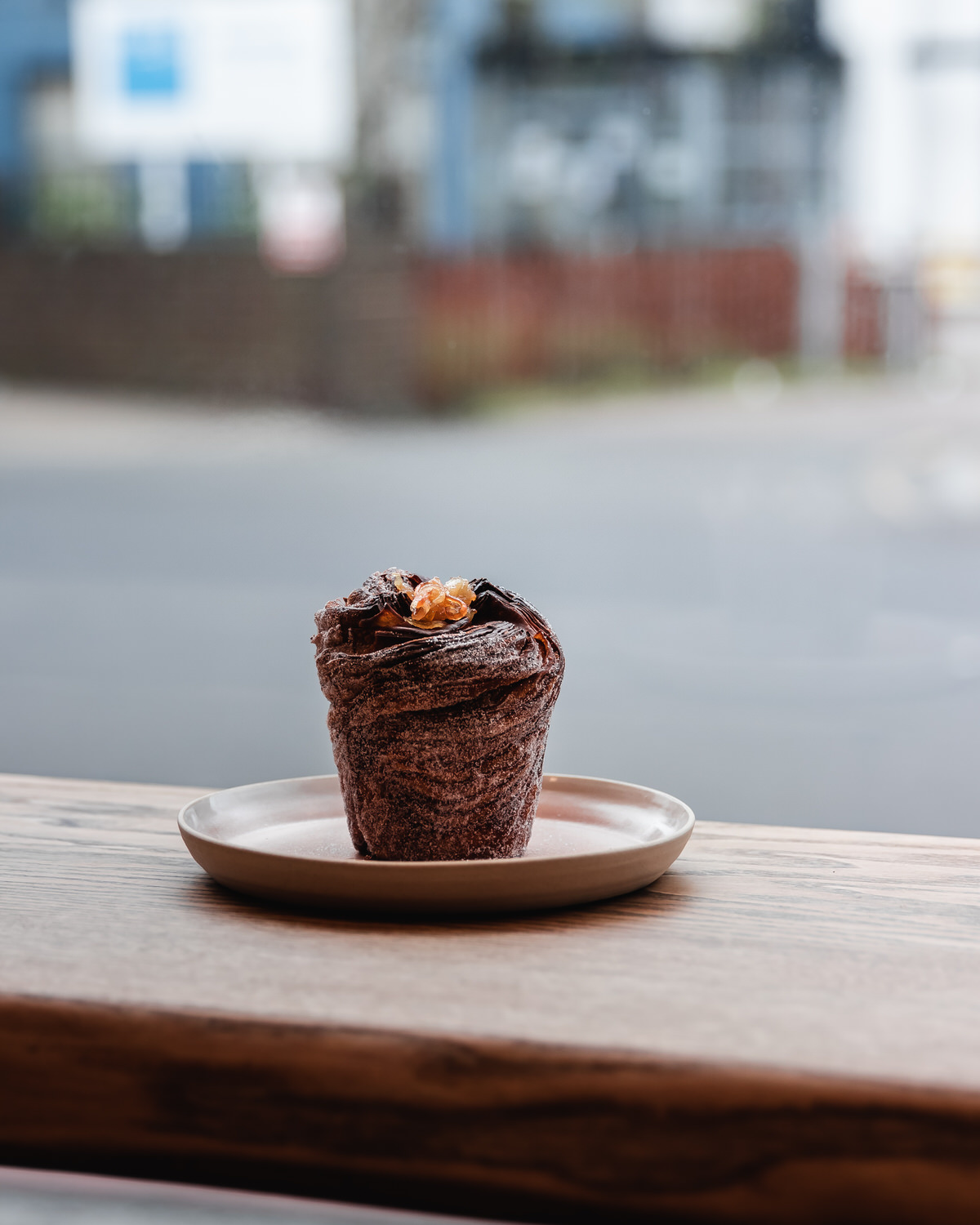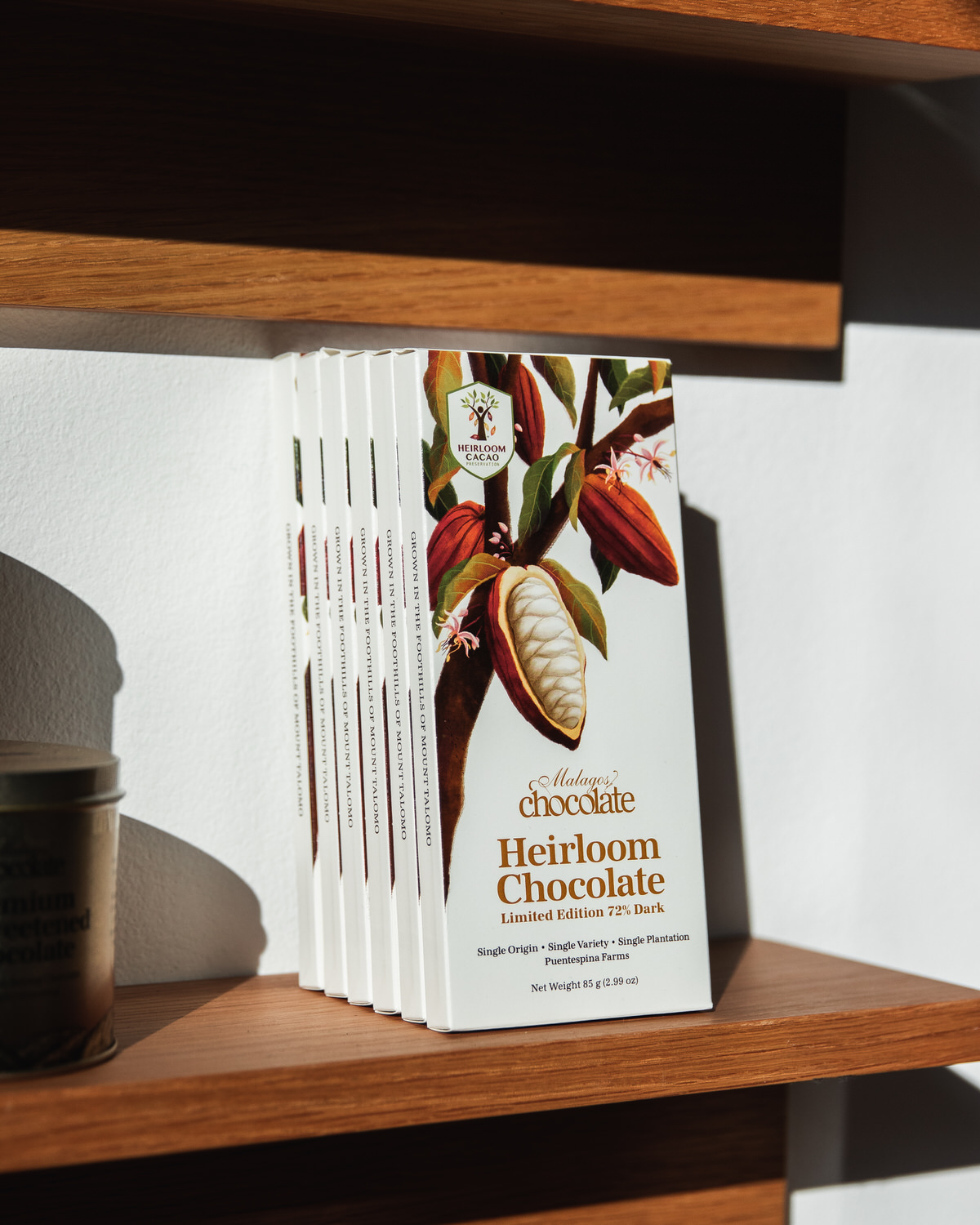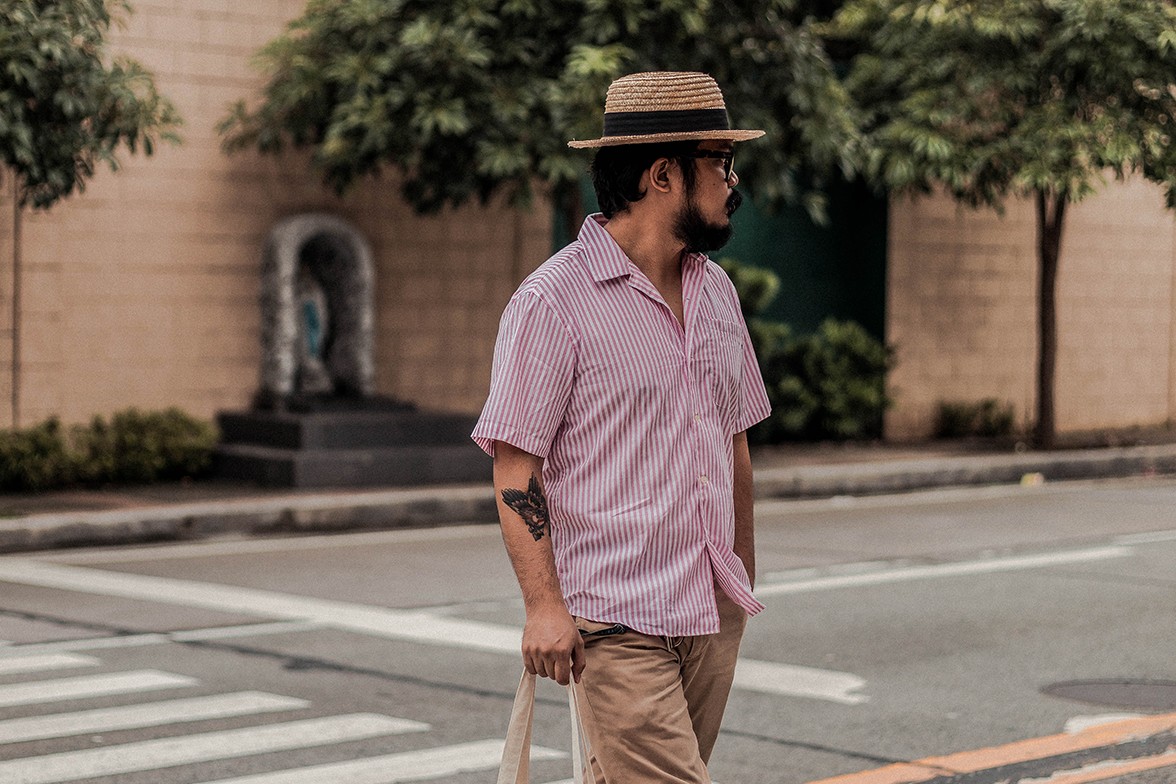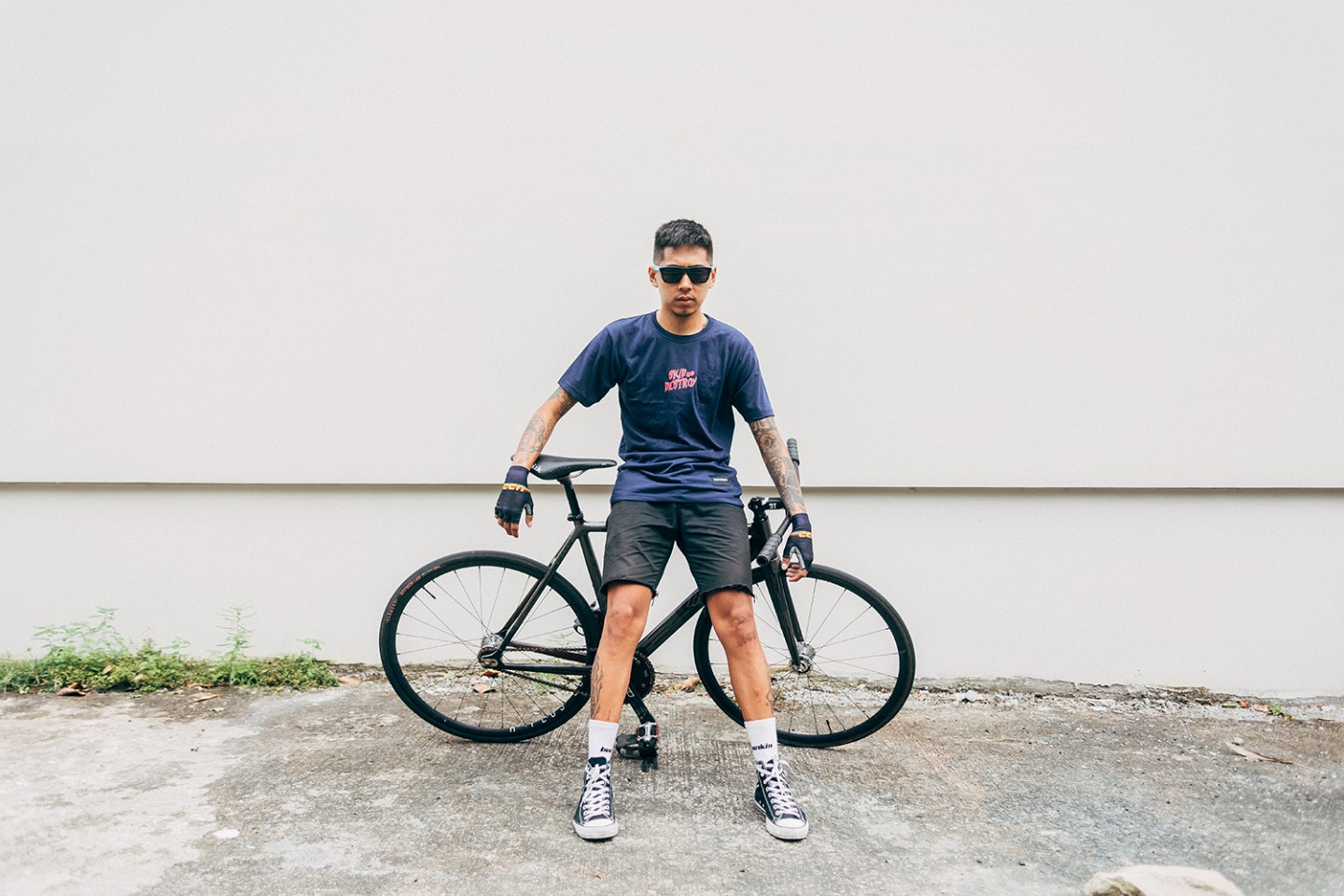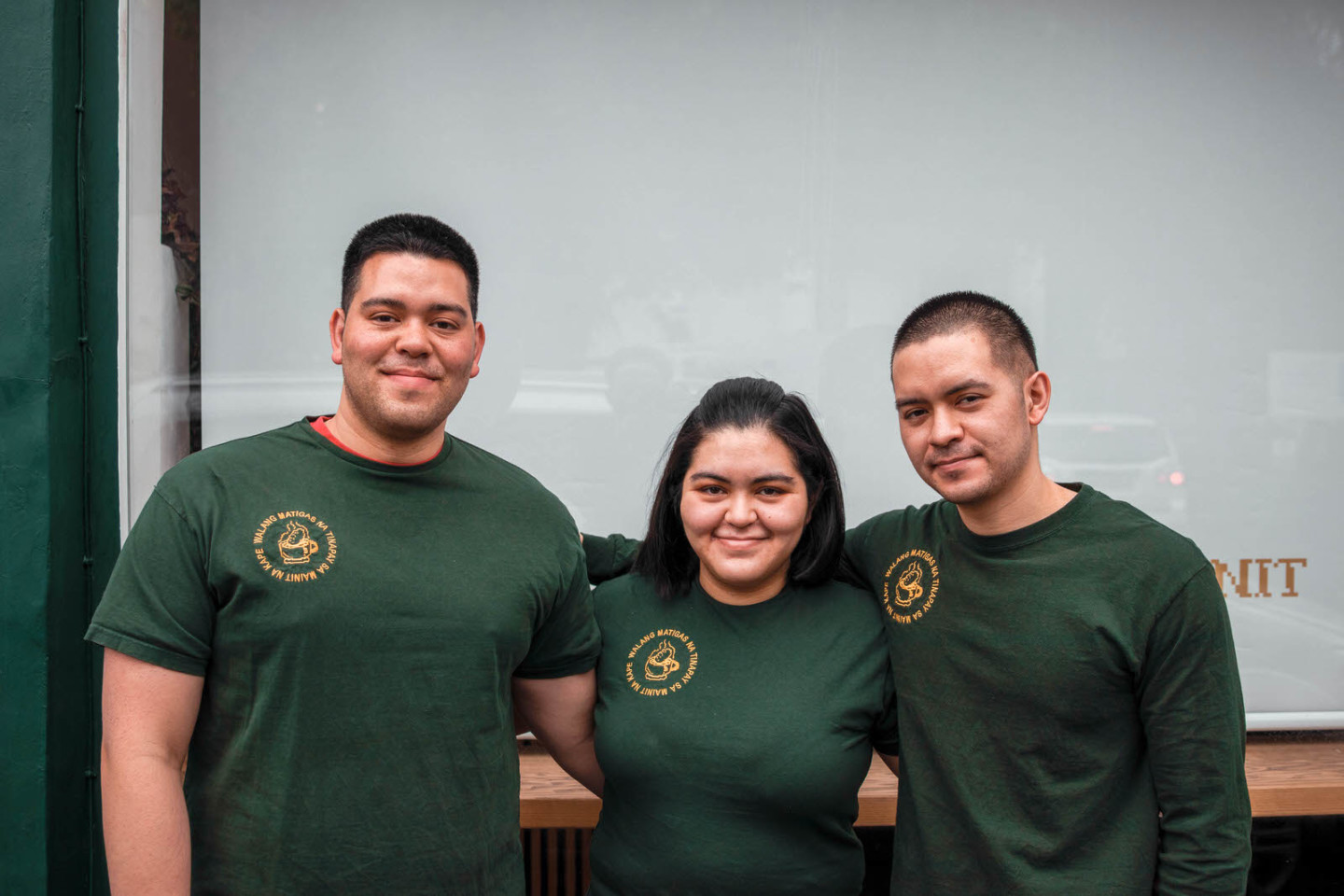
At the corner of Radstock and Parkgate, in the neighborhood of Battersea, a familiar word greets any Filipino who comes across this quaint café. “Kapihan”, a brainchild of second-generation migrants David and Nigel Motley, serves not only as an entirely new experience for Filipino bread but also as an avenue to showcase local products.
Amid the Filipino diaspora, migrants bringing Filipino flavors to their host countries is not a new thing. It’s a pattern brought about by homesickness and the unending curiosity of the natives for newer gastronomic experiences.
But compared to Philippine-born fast-food chain franchises or re-imagination of hometown dishes, the Motleys tapped into our morning habits. From the bread and pastries we grew up with, to the iconic brews our grandfathers enjoyed, Kapihan is the spot to get them.
“Recalling the fond memories our mother would tell us of pandesal and coffee, we thought this traditional Filipino ritual could be retold in a specialty London setting,” the Motleys shared.
The Motleys grew up in the small town of Kent, an hour and a half away from the UK’s capital. But their mom spent most of her childhood and teenage life on a farm in the Philippines. Life was simple from where she came from, but common comforts, like a cup of strong brewed coffee and freshly baked pandesal, have always been present.
These morning rituals, however, are more like mere stories than habits while they were growing up in the UK. Filipino coffee is replaced by more widely known foreign beans like Arabica, and pandesal is nowhere to be found.
Nonetheless, the siblings have developed their own love affair for coffee. It might not be the blend that their grandfather was fond of, but it got the job done. Their craving was an itch they needed to scratch. A step they cannot skip. It was a necessary fix to help them through the rat race, and an unlikely ticket out of it.
In order to veer away from the 9-to-5 culture that almost everyone is subscribed to, the Motleys needed a way to channel creativity and a canvas to celebrate their heritage. And if there’s one thing the siblings were passionate about, it’s coffee.
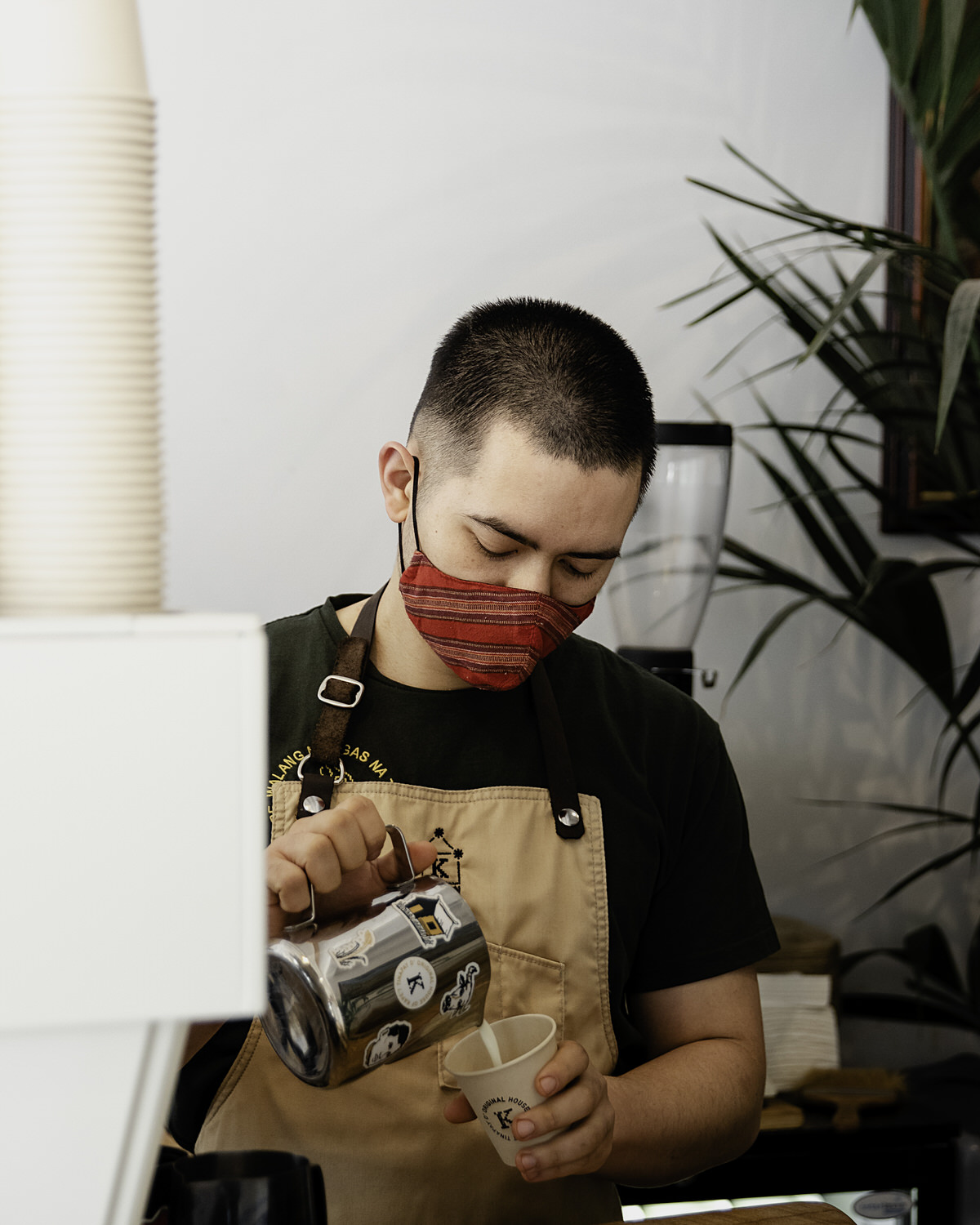
But it can’t be just any coffee. It needs to stand out from the already saturated market for the most consumed beverage in the world. It can’t be the same beans and blend that the shop next door is brewing. It can’t be just frappuccino or the usual Italian. Or if it is, it should be enough to excite Londoners and tourists alike.
Nigel quit his job and studied as a barista. He spent two years skipping from one coffee shop to another while teaching his siblings the craft along the way. During this time, they finally had the chance to visit the country their mother talked so fondly about.
Their gastronomic journey led them to flavors uniquely ours. They found local beans that produced the strongest brews, rich chocolate that goes as far back as colonial times, and bread recipes that influenced Filipino morning traditions.
Through their adventures, they found a way to break through the antipodean model of white flats, ham and cheese croissants, and lamingtons. The Motleys built Kapihan upon their mother’s story – that of Lolo Ruperto and his favorite breakfast treats – the kapeng barako and pandesal.
But they didn’t stop at the quintessential Southern Luzon blend. Their well-curated menu also features Malagos and their award-winning cocoa as they infused it in their signature mocha blend and hot chocolate drinks. They also have a Spanish latte that uses coconut caramel made from South Cotabato coconut sugar and mixed in with coconut milk rather than the traditional condensed milk.
The French pastry staples that dominated the coffee scene were also replaced with the baked goods Filipinos grew up with. Traditional bread was given new life through foreign techniques – sourdough pandesal knots, rich chocolate Spanish bread, pan de coco but with a macapuno sweet cream filling, and bibingka.
Kapihan’s celebration of the Filipino heritage was received warmly by the locals. Their selection attracted more non-Filipino patrons. If it’s whether they are much more attached to the original recipe or already have their own versions at home, we’ll never know.
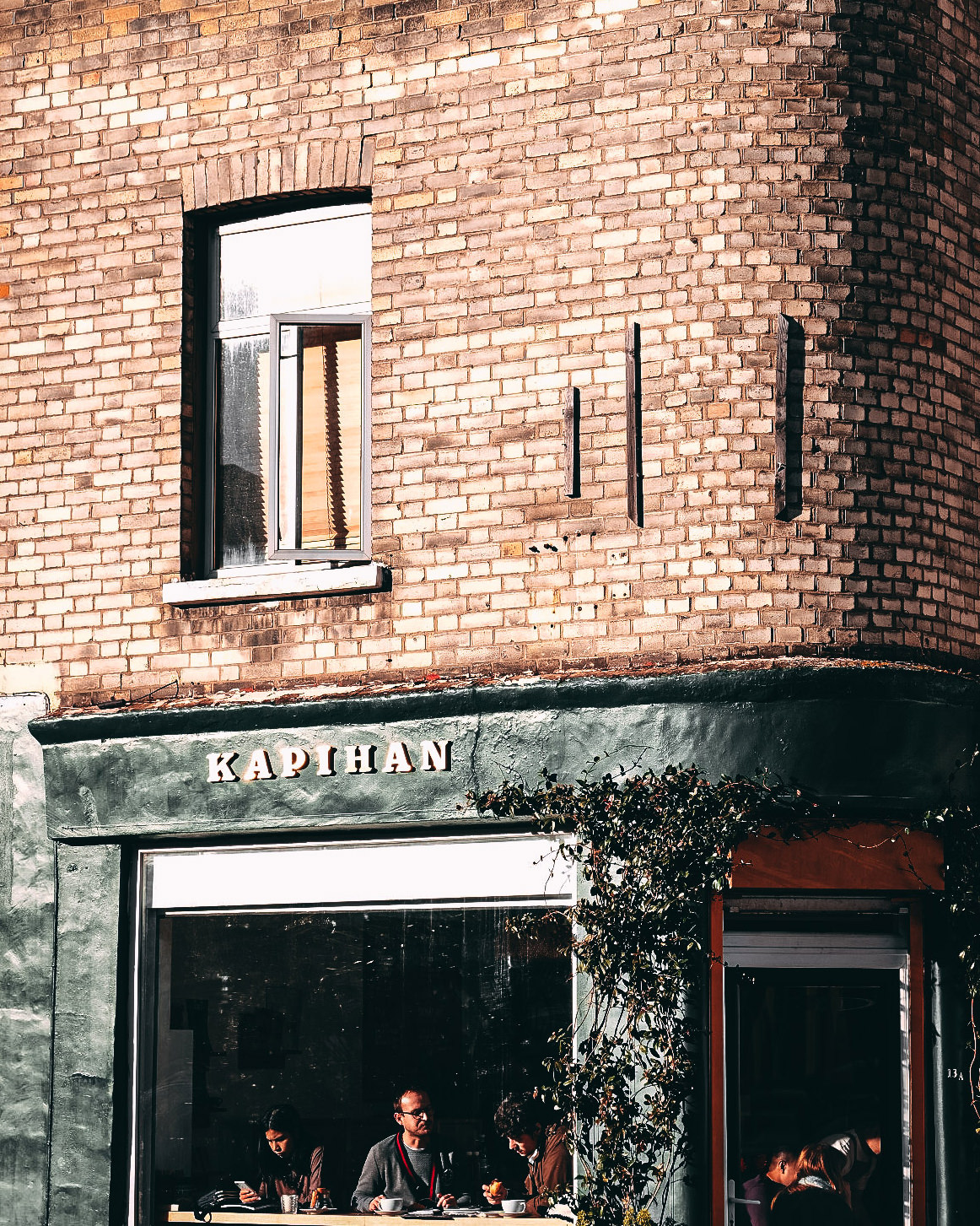
But what we know is that for the uninitiated, Kapihan serves a new flavor horizon that features the best that our country has to offer. And in that intention, the Motleys consider that an achievement in itself.
“I think Kapihan has achieved a lot in its short life, it has shown Philippine grown produce can compete on a leading world stage such as London, it also shows the possibility that specialty coffee doesn’t have to be in the same old antipodean setting,” the Motleys shared.
Today, the quaint coffee shop in Battersea stands as a testament to our diaspora. It brings the flavors we grew up in together with the techniques and means that we learned across the seas. It’s a place of hospitality, community, innovation, and tradition.
The Philippines will always stay in Filipinos’ hearts and palates however far away they are from the homeland. And for those who are living or are planning to see London, it’s comforting to know that there will always be a piece – and taste – of home in Kapihan.

